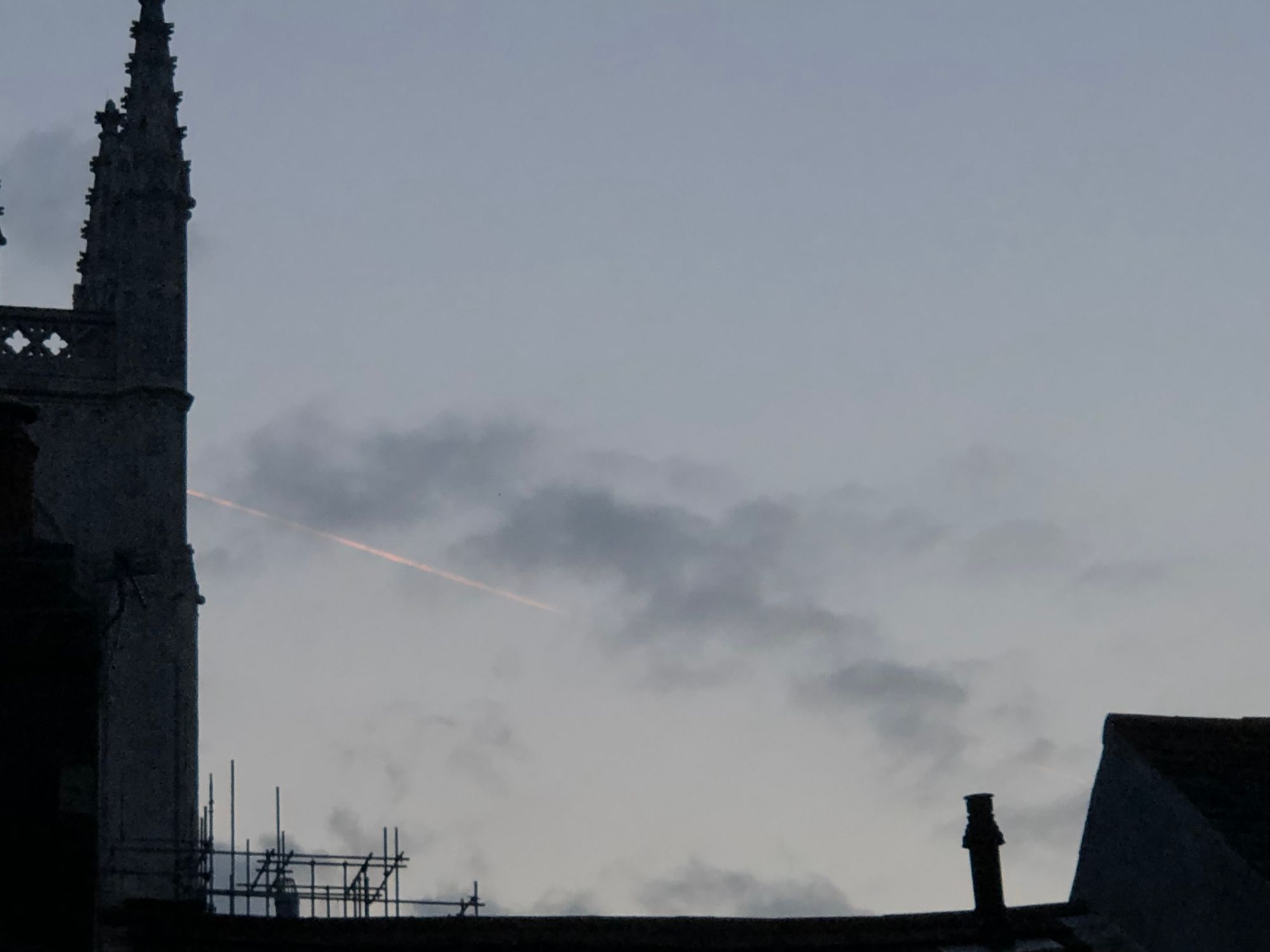The Saturday Spectacular 20/11/21
love too podcast

Hi folks,
This week, Josef and I recorded an episode of Memetic Hazard, our podcast, for the first time since March 2020. We've had hiatuses for various reasons before—2019, aside from an abortive attempt at Series 3, was pretty much a black spot—but a year and a half is the longest we've gone without any shows since we started in 2014.
2014 was a very long time ago. A lot of what we talked about early on was very much about the online communities who were becoming prominent and winding us up; Gamergate and the rationalists. We were at ground zero of a lot of the events in internet culture which have since spilled out into the real world with mixed but largely deleterious effects, and this has necessitated a change in focus.
I said this on the Memhaz twitter (Twitter accounts to get the word out for projects being an exception to my Delete Your Account rule), but I think now if you ask me what the show is about, I wouldn't say it's about particular topics (though there are definitely some we visit a lot) but rather, while we can be glib and silly, striving for a spirit of earnest enquiry; a slow, sometimes-clumsy but always-heartfelt grasping-towards-truth.
As you can probably tell: it's good to be back.
This week I wrote about:
- my week, in particular going to see the Diana film
- how I believe the way people talked about the Travis Scott performance told us something about the current nature of religious belief
- the issues with too much un-grounded reasoning by analogy
- a different way to think about how different people prioritise kinds of activism
- how things change when something stops being about stories and starts being about itself
- the return of Memetic Hazard
This week I've been thinking about:
- I've been trying to write something for a couple of weeks—it was meant to be the thing I published this Friday—but it's not quite coming together. When I've got my teeth into something usually I find I can to draw a line around what I'm trying to say on it, but with this I'm finding a lot of avenues I want to explore. My process is usually writing as much as I can of a paragraph, then starting a new one, developing that idea as much as I can, starting a new one, then looping back to the beginning when I've gone all the way through. Usually I have maybe 5-10 ideas, some of which will get merged in the process of writing, for this I have getting on for 50. I feel like I have been writing longer pieces than I used to recently anyway, but this is certainly a more extreme manifestation of that. Maybe all the meditation I've been doing is helping me focus more, maybe it's because the topic holds my interest and in some ways raises my ire; maybe it's because the subject is quite wide-ranging and touches on a lot of things. What it's definitely doing is taxing the navigational capacity of iA Writer, my usual doughty composition software. I'm thinking of investing in the new version of Scrivener (every Mac-owning wannabe novellist's favourite aspirational software purchase) to keep track of it all and organise it better. I'm enjoying trying to think about this structure a bit more; it's the point at which I realise I took entirely science and maths subjects at A-level so I probably lost out a bit on essay-writing instruction. I will endeavour to plug this gap so that the end result is compreshensible.
- Something I was thinking about regarding Memhaz: one of our favourite topics is thought technologies, and in a way we're the inverse of some all the folk that bang on about mental models all the time. We talk about thought technologies with curiosity, interest and playfulness, and don't just try to turn it into an engine for Doing More Shit, but rather just a way to understand ourselves and everything a bit better.
This week I've been reading:
- This profile of a guy whose car was stolen with his kids in it while he was making a Doordash order is really fascinating as it presents these gig economy jobs as almost a microcosm of the story of labour in the 20th century. For a while, it was possible to do well enough to get by if you got lucky, but the meat has slowly been trimmed off the bone and the people who got out are the ones who were able to parlay their position into something more.
- A reminder that there are different—better—ways to organise corporately; in this case about rural electricity co-ops. I feel there's a degree of clear-eyed thinking about the fact that these things can (and have!) slid into bureaucratic control per the iron law of oligarchy, but unlike a standard business it's underpinned by a far more democratic structure and if you can activate the membership base, the terrain is far more favourable to you for achieving change.
On the podcast I tried to send good vibes to everyone. If you're reading this, I am sending those to you also.
Over and out.
Adam
